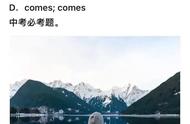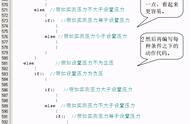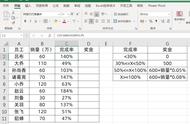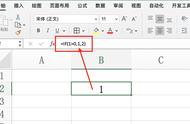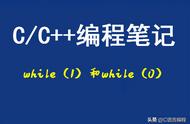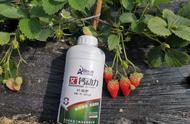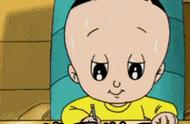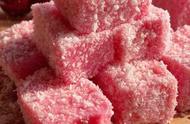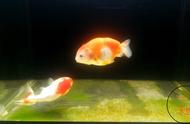(一)过去进行时
表示在过去某一时刻/某一时段正在进行的动作。
谓语构成:was/were(助动词) 动词现在分词
例如,1.The students were drawing pictures at three yesterday afternoon.
句式转换,
一般问句:Were the students drawing pictures at three yesterday afternoon?
否定句: The students were not drawing pictures at three yesterday afternoon.
特殊问句:When were the students drawing pictures?
What were the students doing at three yesterday afternoon?
2.I was tidying my sitting room the whole morning.
过去进行时标志性时间状语有:then(那时),last night(昨晚),at that time(当时),at...yesterday(昨天...点),the whole morning(整个上午)this time yesterday(昨天这个时候)等等。

(二)while和when的区别(在引导时间状语从句时)
when 意为“当......时”“每逢”
while意为“当......时”“在......期间”“在......(过程)中”
区别:1.主句中谓语动词和从句的谓语动词
when 主句从句谓语动词可以同时发生。从句动词也可以在主句之前/之后发生
while 强调从句谓语动词和主句中动词同时发生,但持续时间一般较长或者主句的动作在从句的动作发生过程中发生的。
例子,While we were talking,he came in.
I lived in a hotel while I was a student.
When I returned,the door was open.
When his father died,he was only nine.
有时候可以替换。
When/While we were dancing,a stranger came in.

